
When it comes to survival, not everything you hear is true. In fact, some of the most common survival advice can make your situation worse. These ten so-called survival tips are not only ineffective—they could be downright deadly.
Drinking Your Own Urine

Drinking urine in an emergency sounds like a quick fix, but it’s a dangerous move. The salt content in urine can actually dehydrate you faster. In extreme survival scenarios, your body needs clean, pure water—not a source of more toxins. Think twice before resorting to this.
Building a Fire Inside a Cave for Warmth
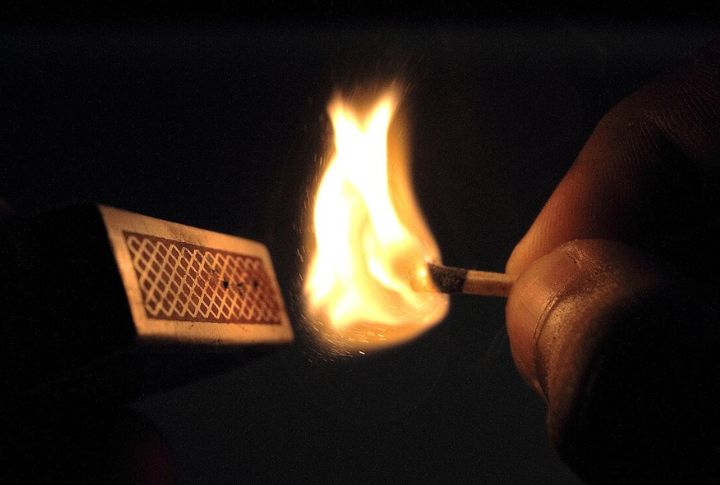
At first glance, a cave seems like the perfect place to light a fire for heat and protection. However, poor ventilation can cause smoke and carbon monoxide to build up, creating a deadly situation. Instead, build your fire outside the cave entrance and let the heat radiate inward.
Eating Wild Plants Without Knowledge
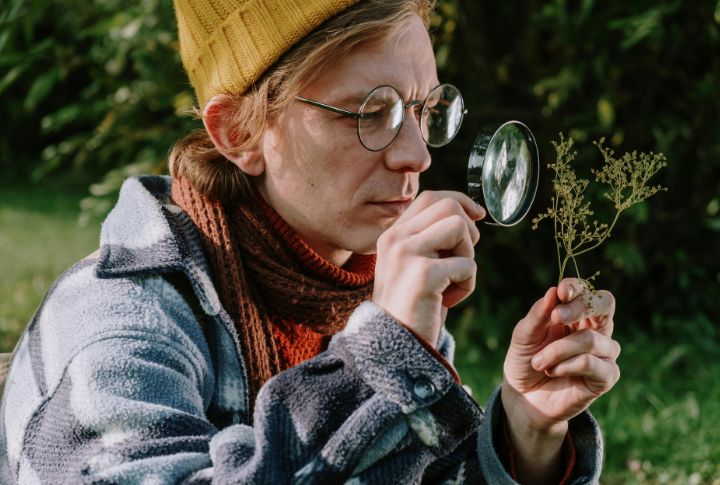
Many wild plants look edible but can be highly detrimental. Misidentifying a plant can harm your health or worse. Consider that even experienced foragers occasionally misstep. Always learn how to properly identify edible plants before relying on them to fuel survival.
Relying on Insects as a Main Food Source

Insects, while high in protein, often carry parasites or toxins. Without proper knowledge, consuming certain insects could lead to severe illness. In a survival scenario, you need reliable, safe food sources—don’t let the ease of catching bugs tempt you into a risky choice.
Taking Shelter Under a Tree During a Storm
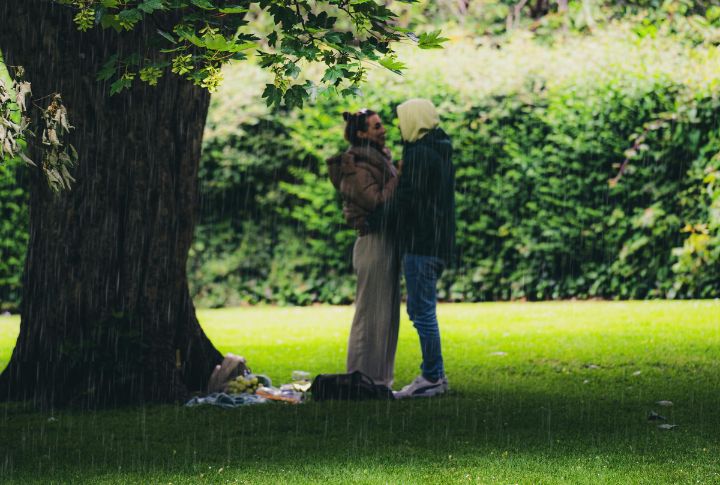
A tree seems like a logical shelter when a storm hits, but lightning strikes tall objects, including trees. In fact, most lightning fatalities occur under trees. Find a low-lying area and stay away from potential lightning targets to stay safe during storms.
Sucking the Venom From a Snake Bite
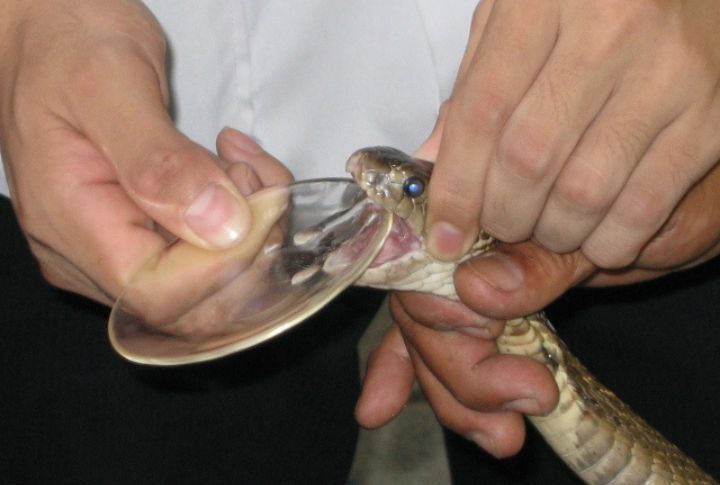
It’s a common myth that sucking the venom out of a snake bite can save your life, but this only spreads the poison. Medical professionals recommend staying calm, immobilizing the bitten area, and seeking medical help immediately.
Drinking Alcohol for Warmth

While it might give you a brief warm sensation, it lowers body temperature in cold environments. It causes blood vessels to dilate, which leads to heat loss. In freezing temperatures, this effect can make hypothermia set in faster.
Wearing Wet Clothing in the Cold

Wet clothes in cold environments trap moisture, leading to rapid body temperature loss. Even though the idea of staying cool may seem logical, it’s a recipe for hypothermia. Always stay dry, as moisture can sap the body’s energy and slow down your chances of survival.
Drinking Untreated Water from Streams
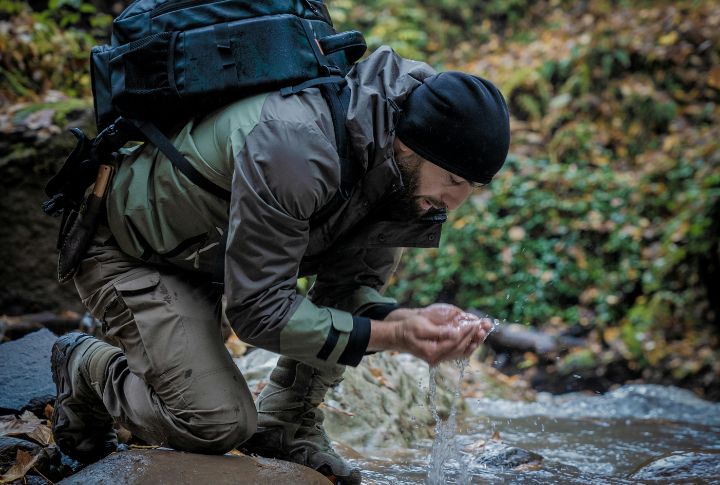
Natural water sources can harbor bacteria, parasites, and viruses. While the water might look clear, it’s not always safe to drink. Always purify or filter water before consumption—what looks clean might make you sick, compromising your ability to survive.
Swimming to Safety in Cold Water
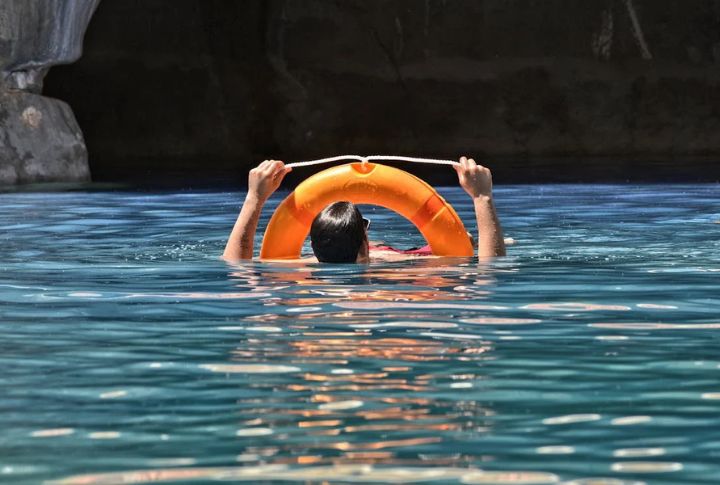
Never attempt to swim in cold water when trying to escape danger because, in cold water, the body loses heat rapidly. Even the strongest swimmers struggle to survive when experiencing freezing temperatures. Cold shock can take you by surprise, and hypothermia sets in quickly.
